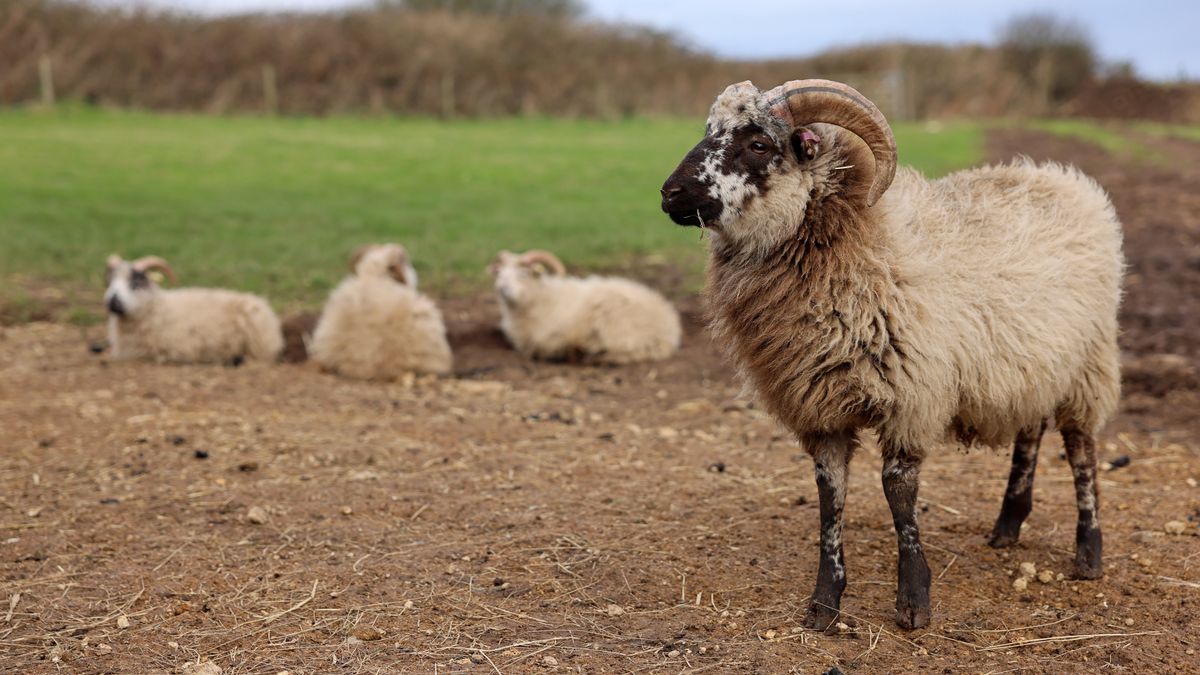The new Genetic Technology Bill aims to make food more nutritious and reduce our reliance on pesticides.. . . . . . . . . . . . . . . . . . . . . . . . . . . . . . . . . . . . . . . . . . . . . .
Genetically-engineered food will be produced in the UK under new Government plans to “deliver on the promise of Brexit ”.
The new Genetic Technology (Precision Breeding) Bill aims to make food more nutritious and reduce our reliance on pesticides.
The Bill, set out at the Queen’s Speech, will allow gene-edited plants to be treated differently to genetically modified organisms (GMOs).
GMOs have strict rules that only one is grown commercially in the EU.
But genetic-engineering is said to pose fewer risks.
Boris Johnson and Keir Starmer pass through the Central Lobby during the State Opening of Parliament
Gene-editing has the potential to improve the sustainability and productivity of farming and animals could also be less vulnerable to disease, experts have noted.
The use of gene editing had been hampered by a European Court of Justice ruling in 2018 that technology had to be regulated in the same way as genetic modification.
The Bill aims to “remove unnecessary barriers inherited from the EU to enable the development and marketing of precision bred plans and animals which will drive economic growth and position the UK as the leading country to invest in agri-food research and innovation”, officials said.
The National Farmers’ Union welcomed the new legislation when the draft bill was open to consultation from experts.
Boris Johnson believes the new engineering measures will boost the UK economy post-Brexit
At the time, NFU vice president, Tom Bradshaw said: “New precision breeding techniques, such as gene editing, could protect crops and animals from pests and disease, help deliver net zero and allow farmers to produce more home-grown food”.
However, he did mention the importance of analysing the implications for trade with the EU and promoting confidence among the public.
Scientists raised concerns earlier this year the the draft bill went through a consultation, with 63% of academic institutions fearing there could be a risk to human health or the environment with gene editing.

